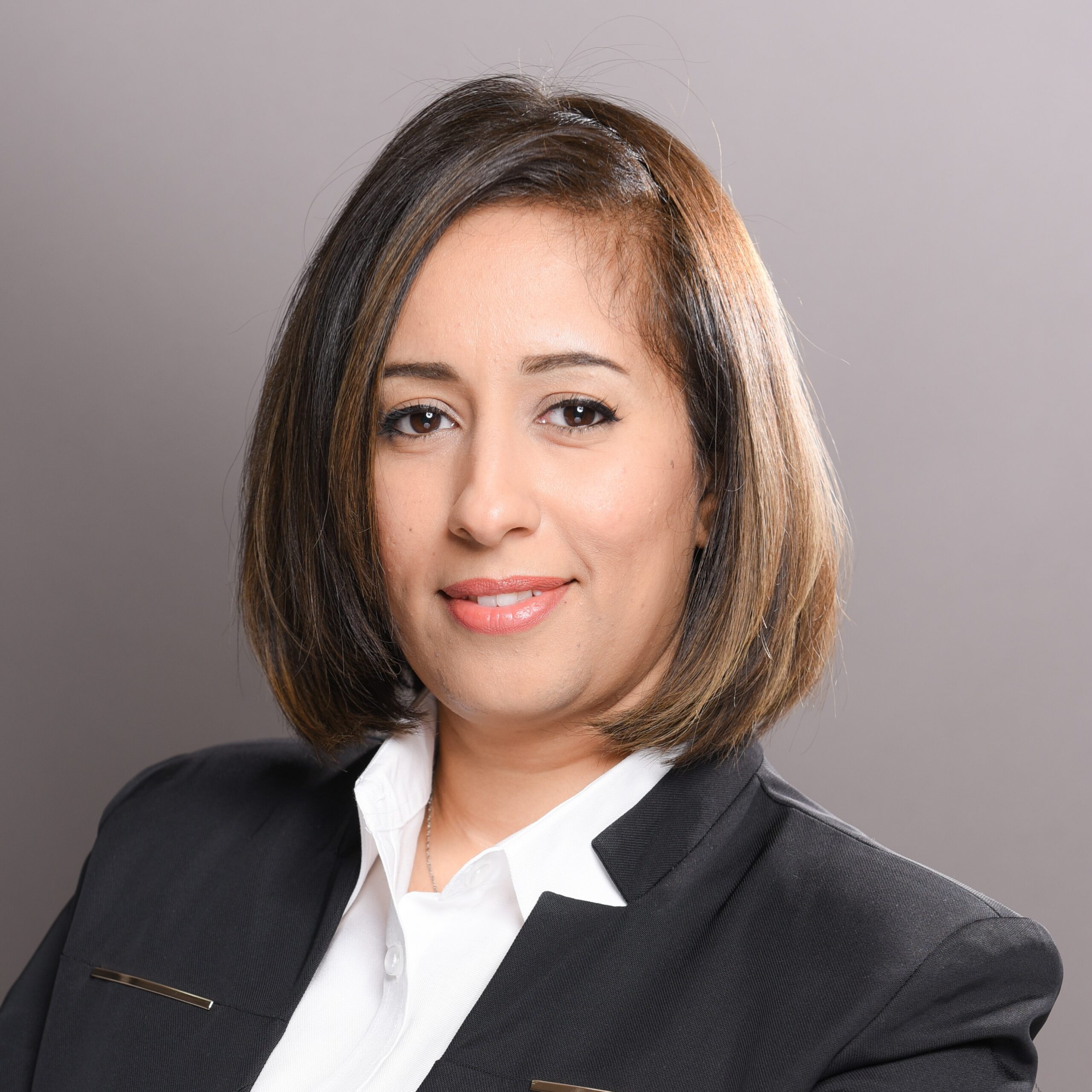
Ebtesam Saleh
Ebtesam Abood Saleh (MSc) is a pharmacist and doctoral researcher at the Department of Psychiatry and Psychotherapy at Charité Universitätsmedizin Berlin. She has awarded an international scholarship by the German Academic Exchange Service (DAAD) in 2011 and 2019. The humanitarian crises in her home country Yemen are her main motives for investigating health problems among distressed populations. Her current work focuses on substance use among refugees in Germany and relevant studies conducted in Yemen and Jordan. She enrolled in the Pharmacology and Toxicology Department at Aden University-Yemen in 2018, and has been a trainer at the Addiction Awareness Center in Aden-Yemen since 2014.
Qualitative research in exploring and understanding substance use among refugees: A systematic review
Aims: To evaluate qualitative research on substance use and substance use disorders (SUDs) among refugees in terms of practitioners’ and substance users’ attitudes, beliefs, and experiences.
Methods: A systematic search conducted via EBSCO, PubMed, ScienceDirect, Web of Science, Scholar, and the Cochrane Library (January–April 2021). Study selection, critical appraisal, and detailed extraction were performed via the Database of Systematic Reviews (JBI SUMARI) software according to Preferred Reporting Items for Systematic Reviews and Meta-Analyses (PRISMA).
Results: Twenty-six studies were included in this review. Twenty-three studies applied qualitative methods, and three applied mixed methods. Synthesis of the evidence from the included studies resulted in four main findings: there is a considerable susceptibility of refugees to substance use and SUDs; the harmful consequences of substance use are complicated by the social insecurities of refugees; there are rather high barriers to treatment and health facilities for refugees in many host countries; and there is a strong need to improve effective access to treatment, interventions, and prevention approaches.
Conclusions: Refugees are at high risk for substance use and substance use disorders and often face high barriers to treatment and interventions in host countries.